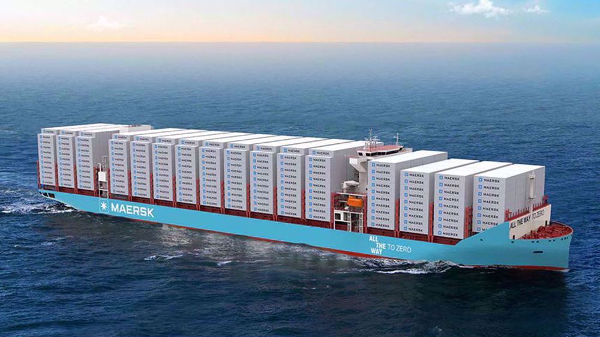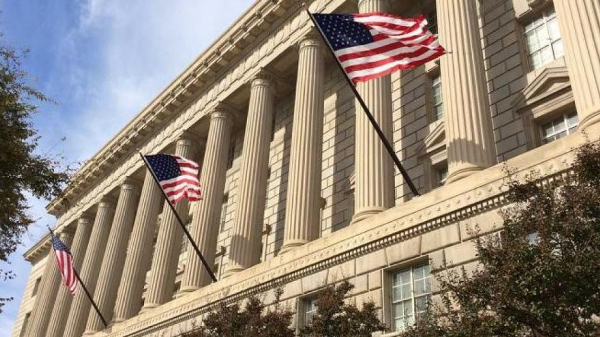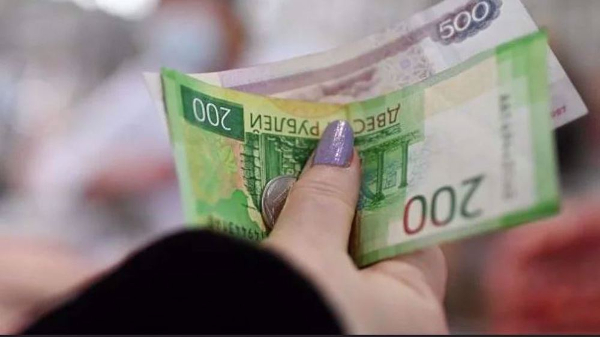Afghan government officials and private sector met in Kabul this week with representatives from the European Union and the International Trade Centre to take stock of progress on efforts to build Afghanistan's capacities to participate in regional trade.
The 31 July meeting gathered together members of the 'Steering Committee' of the Advancing Afghan Trade (AAT) project, an EU-funded initiative launched last November which aims to strengthen the country's trade capacities so as to capitalize on the recent accession of the country to the World Trade Organization.
The project supports Afghanistan to build trade policy, and trade facilitation capacity, as well as to develop trade and export strategies and strengthen product quality standards.
Participants used the meeting to plan activities for the year ahead.
'Finalizing a national export strategy will be a top priority, to be followed by the implementation of its recommendations for reforms to catalyse export-led growth and job creation in promising sectors,' said George Cunningham, Deputy Head of the EU Delegation in Afghanistan.
ITC will support the development and implementation of the national export strategy, together with a national trade policy, and a strategy on trade facilitation. It will also assist the secretariat of the WTO Inter-Ministerial Committee, which operates under the leadership of the Ministry of Commerce and Industry, to develop a detailed trade-facilitation action plan that will guide the reform process as Afghanistan implements the WTO Trade Facilitation Agreement over the upcoming years. Additionally, ITC is assisting Afghanistan in the organization of regular bilateral consultations with other countries in the region to enhance bilateral trade through addressing issues related to tariffs and non-tariffs barriers.
The project steering committee was established to support the project's activities; monitor its implementation and progress; ensure that the project outputs respond to the country's priorities; and advice on next steps. It comprises representatives of relevant ministries and state agencies, the EU, ITC and multiple business groups, such as the umbrella Afghanistan Chamber of Commerce and Industries (ACCI) and the sector-specific Afghan Women Handicraft Commercial Association and the Afghan Women's Saffron Association (AWSA). The committee is jointly chaired by the Ministry of Commerce and Industries (MoCI) and the ACCI.
'The progress of the project is promising and MoCI will certainly provide its full support to ensure that this project contributes to enhance the competitiveness of Afghanistan within the region,' said Humayoon Rasaw, Afghanistan's Minister of Commerce and Industry.
According to Jean-Sébastien Roure, who is managing the AAT project for ITC, one key accomplishment during the project's first eight months had been multiple rounds of stakeholder consultations on the content of the future national export strategy, which had fostered broad consensus on key issues and sector-specific priorities. Important steps had also been taken towards developing an Afghanistan National Trade Policy (2017-2022) to guide the direction of the country's trade policy for the next five years. He also highlighted the technical support provided to assist the Afghanistan's WTO Inter-Ministerial Committee to progress in complying with its obligation to notify its trade facilitation commitments and technical assistance needs to the WTO secretariat, which Afghanistan is aiming to do by February 2018, in line with the deadline stipulated in the agreement.
In the coming months, the project will support provincial consultations with business representatives in Herat and Kandahar on the content of the national export strategy; these will feed into a subsequent national consultation in Kabul, paving the way for the finalization of the document. Over a two-year period, the New Delhi-based Centre for WTO Studies will train Afghan government officials, mainly from the MoCI, so as a build a cadre of experts in trade issues ranging from trade policy formulation and implementation to trade facilitation, investment, trade in services, regulatory reform and trade negotiation.
Assistance will be provided to strengthen the skills of national enquiry points and the national notification authority on issues related to technical barriers to trade (TBT) and sanitary and phytosanitary standards (SPS), which will include training on the development, adoption and promotion of standards and other technical regulations.
Background
The Advancing Afghan Trade project is funded by the European Union and implemented by the International Trade Centre under the leadership of Afghanistan's Ministry of Commerce and Industries (MoCI).
The project responds to the Afghan government's efforts to use trade as driver of economic growth, regional cooperation and stability. Afghanistan acceded to the World Trade Organization (WTO) in July 2016 and has placed trade and regional economic cooperation at the heart of its development strategy. Its first action after acceding to the WTO was to ratify the body's Trade Facilitation Agreement.
To ensure local ownership and sustained impact, ITC will be working with a range of Afghan partners from the private sector, non-governmental organizations, academia and civil-society organizations.
LINK: https://www.ansarpress.com/english/7864
TAGS:































 South Korea may punish Tesla
South Korea may punish Tesla 




